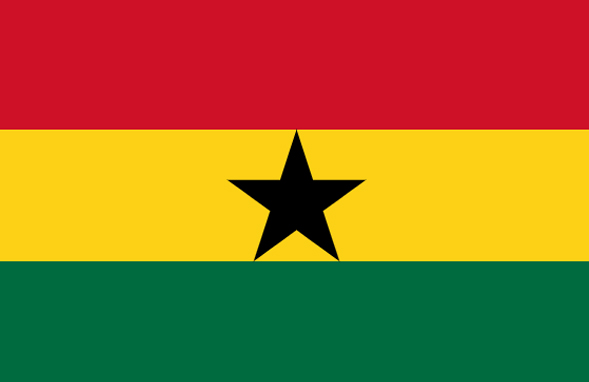
Sixty-two years ago today, Ghana became the first sub-Saharan nation to gain independence from British colonialism, evoking hope for colonised African nations. Today, the Republic of Ghana stands strong with its rich history and cultural heritage, coupled with a rapidly developing economy
On March 6, 1957, Ghana became the first sub-Saharan African nation to gain independence from British rule. Sixty two years down the line, the Republic of Ghana represents resilience that boasts rapid economic growth and a rich cultural heritage.
Ghanaian Revolutionary, Kwame Nkrumah, declared the establishment of autonomy at 12 am on March 6, 1957, and on July 1, 1960, the leader was appointed as the first Prime Minister and President, respectively, of the independent nation. The date now marks the Republic Day for Ghana. As the first President of the independent Republic of Ghana, Nkrumah averred, “My first objective is to abolish from Ghana poverty, ignorance, and disease. We shall measure our progress by the improvement in the health of our people; by the number of children in school, and by the quality of their education; by the availability of water and electricity in our towns and villages; and by the happiness which our people take in being able to manage their own affairs. The welfare of our people is our chief pride, and it is by this that the government will ask to be judged.” He was also the first African Head of State to reinforce the ideas of Pan-Africanism, which encourages solidarity amongst the African people.
The flag of Ghana as we know it today was designed by Ghanaian stateswoman, Theodosia Salome Okoh, soon after the country’s independence in 1957. It comprises the colours— red, symbolising the bloodshed and struggle for independence, green for the beautiful vast grasslands of Ghana, gold, to mark the industrial mineral treasures of the country, and finally the black star which represents the people of Ghana and emancipation of the African people.
Over the years, the Republic of Ghana has managed to achieve international recognition as a key player in the growth and development of Africa. Ghana is amongst the most peaceful nations of Africa and features in the list of top fifty peaceful nations in the world. A prominent name in the country’s peace efforts is Ghanaian diplomat, Kofi Annan, who also served as the 7th Secretary General for the UN.








